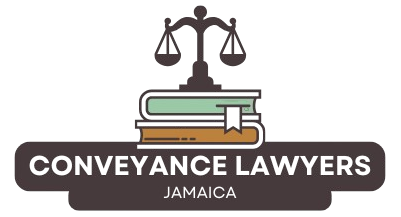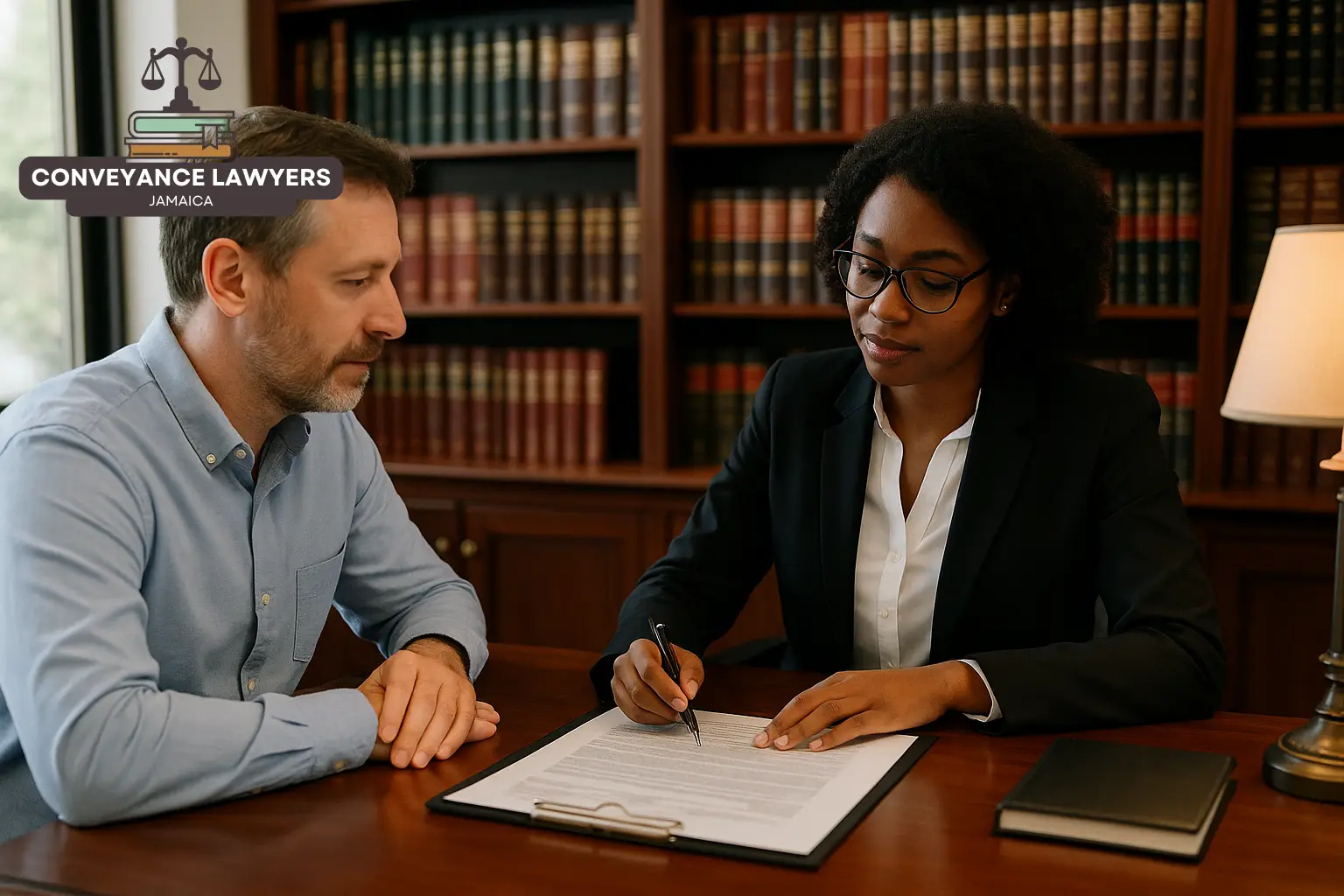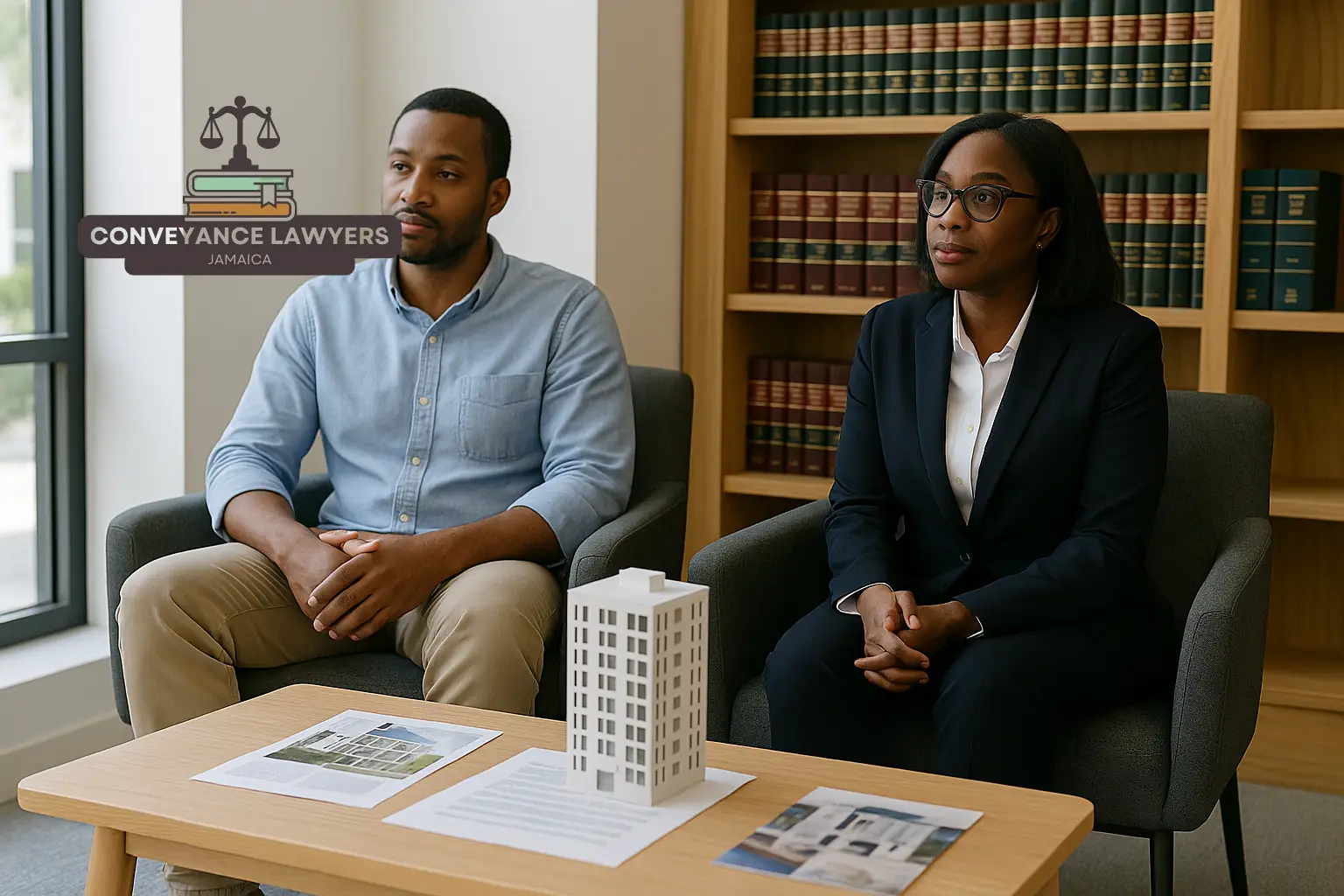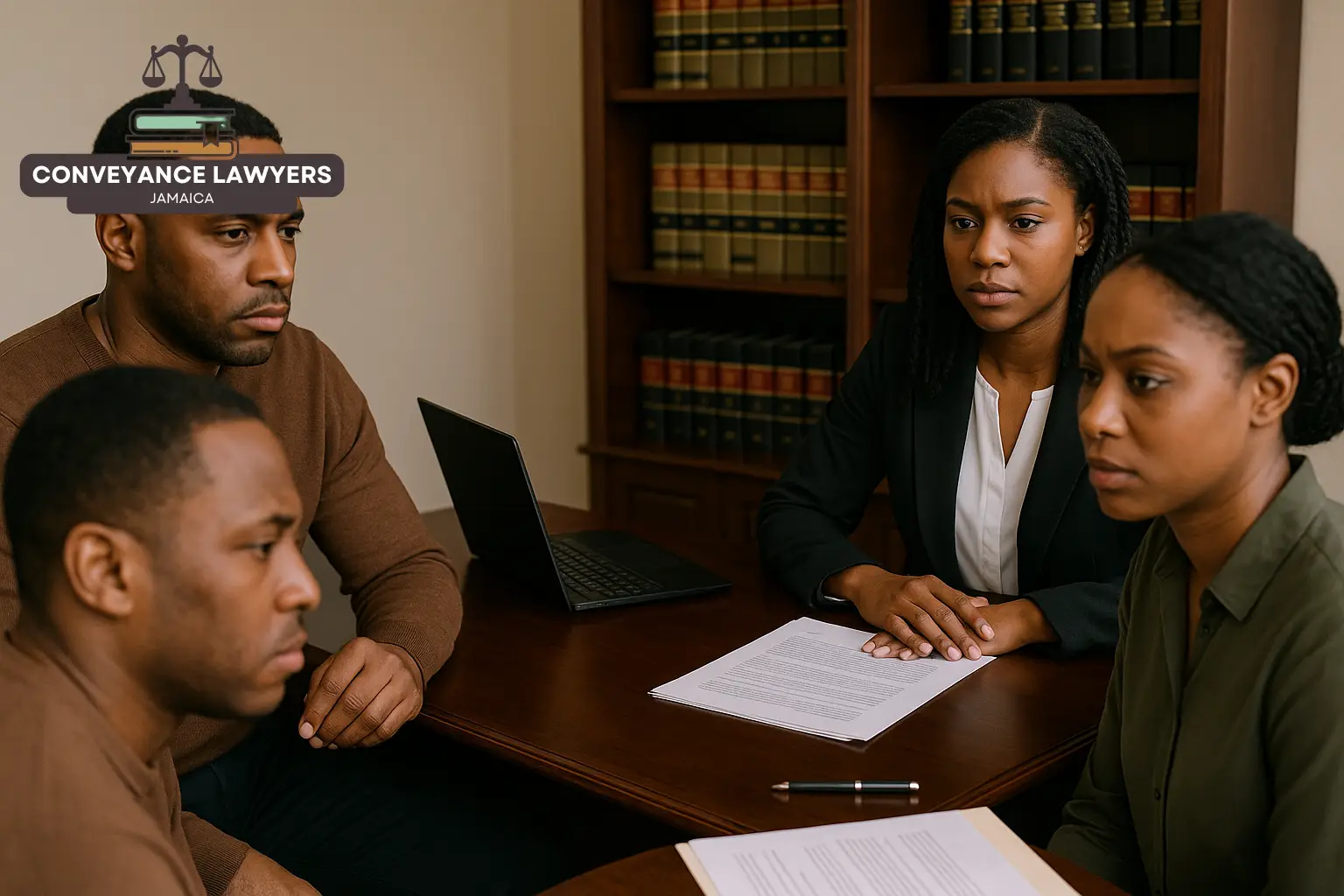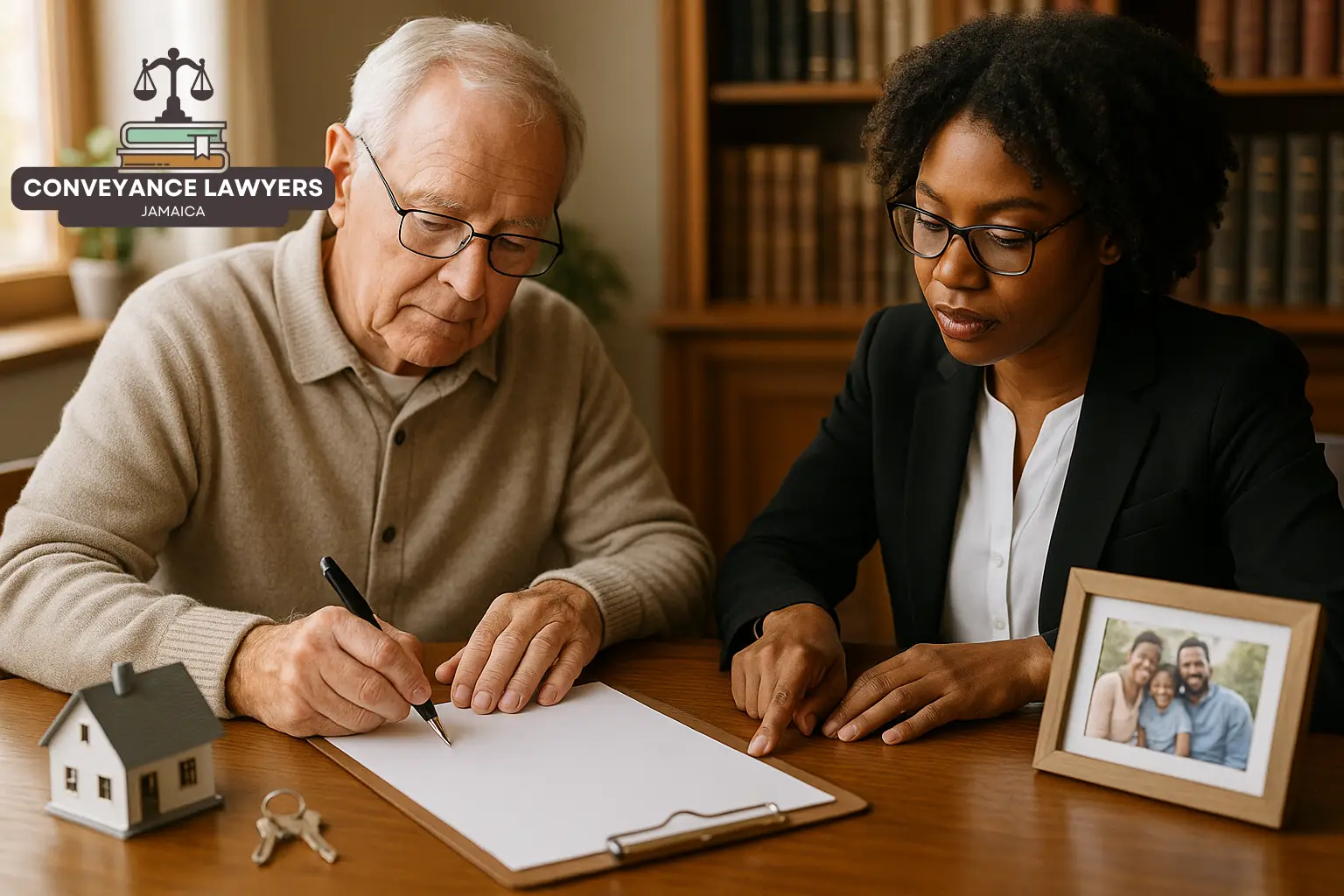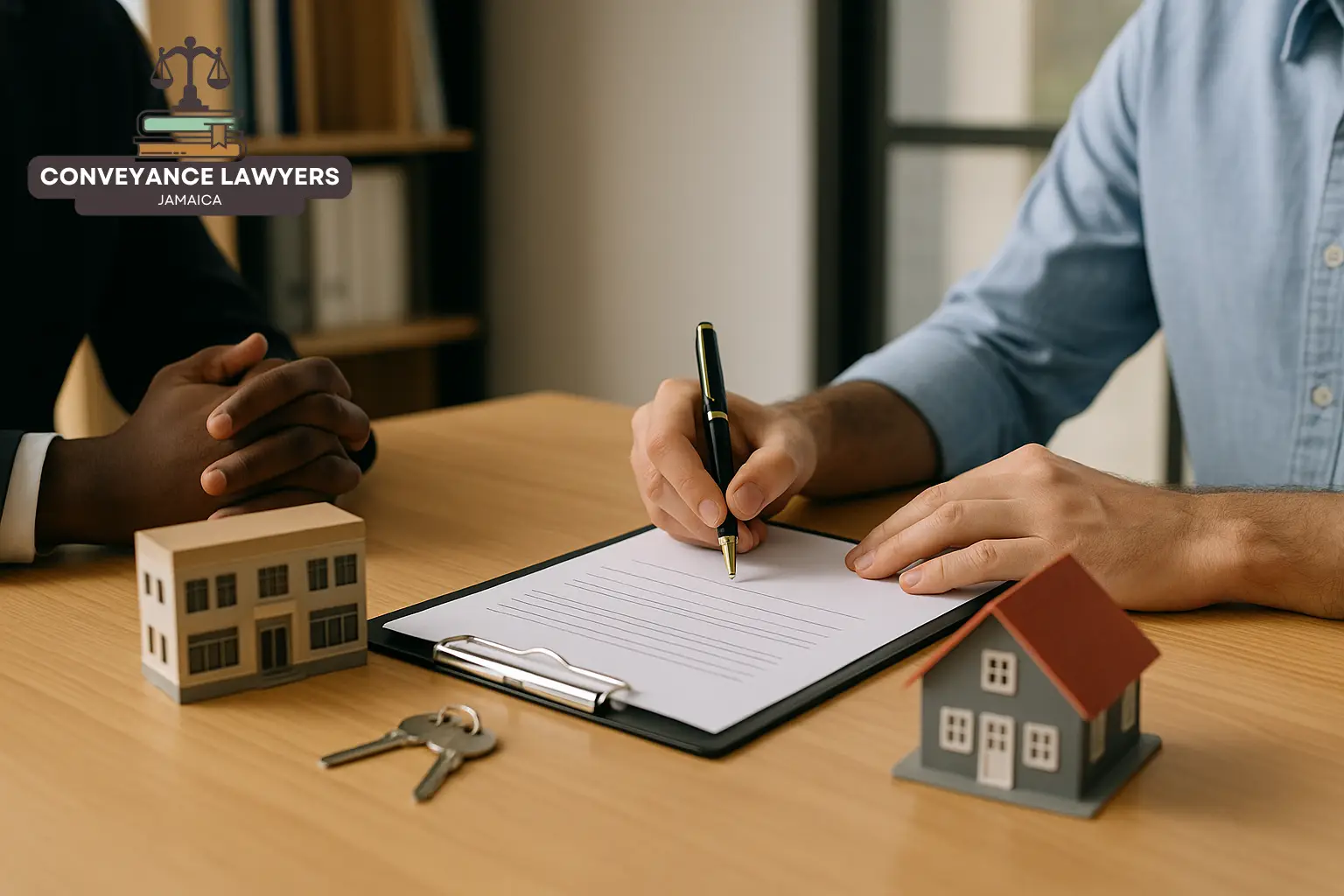So, you’re thinking about buying property in Jamaica as a foreigner or non-resident?
First off, you’ll likely need to get what’s called an Alien Landholding License. This is basically permission from the government for you, as a non-Jamaican, to own land here. The Ministry of Agriculture and Lands handles this. It’s not an instant process, so factor that into your timeline. We’ve seen it take a bit of time, so patience is key.
Here’s a general rundown of what that license process might involve:
Application Submission: You’ll fill out the necessary forms and provide supporting documents. This usually includes proof of identity and details about the property you intend to buy.
Review and Approval: The Ministry reviews your application. They’ll look at whether the purchase aligns with national interests and if you meet the requirements.
License Issuance: Once approved, you’ll receive your Alien Landholding License. This document is what allows you to legally hold the property.
Beyond the license, there are other things to keep in mind. For instance, if you’re buying property as part of a business venture or development, there might be additional permits or approvals needed from bodies like the Foreign Investment Board. We also need to be mindful of exchange control regulations when moving money in and out of the country, which usually involves the Central Bank.
It’s really important to get clear advice on how your specific situation fits within Jamaican law. Things like property taxes, stamp duties, and even the process for transferring funds can have nuances that a local lawyer can explain clearly. Don’t just assume it’s the same as back home.
We also advise everyone to do thorough due diligence, just like any buyer would. This means checking titles, understanding any existing encumbrances on the property, and making sure all surveys are in order. For foreigners, it’s even more critical because you might not be familiar with local property norms or potential pitfalls. Having a good lawyer who understands both Jamaican law and the needs of international buyers makes a huge difference in making sure your investment is sound and legally protected.
Land ownership types and title issues: Torrens, strata, and unregistered lands
When we look at buying property in Jamaica, it’s important to get a handle on how land ownership actually works here. Jamaica mostly uses the Torrens system for land registration. This system is pretty good because it means the government guarantees the title, making transactions smoother and generally safer. You get a certificate of title, and that’s your proof of ownership. It really simplifies things when you want to sell or get a mortgage later on.
However, it’s not always that straightforward. We sometimes run into situations with unregistered lands. These are properties where the title hasn’t been officially registered under the Torrens system. Dealing with these can be a bit more complex, often relying on older deed systems. This means we have to do more digging to trace the history of ownership and make sure everything is legitimate. It’s a bit like being a detective to confirm who really owns the land and if there are any hidden claims or issues.
Then there’s strata title. This is what we usually see with apartments, townhouses, or condos. When you buy a strata unit, you own your specific apartment or townhouse, plus you share ownership of the common areas like hallways, gardens, or pools with other owners. We have to look at the strata corporation’s rules and finances to make sure everything is in order. Understanding the specific type of title we’re dealing with is key to a successful property purchase.
Here’s a quick rundown of what we check:
Torrens Title: Generally straightforward, government-backed. We verify the registered owner and check for any encumbrances (like mortgages or liens).
Strata Title: Involves ownership of a unit plus shared common areas. We review the strata corporation’s by-laws, management fees, and any outstanding maintenance issues.
Unregistered Land: Requires thorough historical research of deeds and documents to establish a clear chain of ownership and identify potential claims. This often involves more extensive due diligence.
Dealing with unregistered land can add time and cost to a transaction. It’s always best to have a lawyer experienced in Jamaican property law review all the documentation thoroughly before you commit to buying. They can help identify potential risks associated with different types of land ownership and ensure your investment is protected.
You also need to be aware of things like caveats, which are warnings placed on a title to prevent certain actions, like a sale, without the caveator’s consent. Our lawyers will always conduct a thorough title search to uncover any such issues before you get too far into the process. For more on the registration process, you can look into the Registration of Titles Act.
How to choose the right real estate lawyer in Jamaica West Indies
Picking the right lawyer for your property deal in Jamaica is a big step. You want someone who really knows the local scene, not just general law. Think about their experience specifically with Jamaican real estate. Have they handled deals like yours before? It’s also smart to look at how they communicate. Do they explain things clearly, or do they use a lot of confusing legal talk?
Here are a few things to consider when making our choice:
Experience: How long have they been practicing real estate law in Jamaica?
Specialization: Do they focus on property law, or is it just one of many things they do?
Reputation: What do past clients say? Online reviews or word-of-mouth can be helpful.
Communication: Are they responsive and easy to understand?
Fees: Get a clear breakdown of their costs upfront. No surprises, please!
It’s also wise to get a feel for their approach to problem-solving. Property transactions can hit snags, and you want a lawyer who can handle them smoothly. Don’t be afraid to ask questions during your initial consultation with us. It’s a good way to gauge our knowledge and how well we’ll work together. Finding a lawyer who understands your specific needs is key to a successful property purchase. For instance, if you’re a foreign buyer, you’ll want someone familiar with Alien Landholding Licenses.
It’s important to feel comfortable with your chosen legal representative. They will be guiding you through a significant financial and legal process, so trust and clear communication are paramount.
Disputes, litigation, and alternative dispute resolution in property matters
Sometimes, even with the best intentions and solid contracts, property deals in Jamaica can hit a snag. When disagreements arise, whether it’s about boundaries, contract terms, or ownership rights, we might find ourselves in a dispute. These situations can get complicated, and that’s when legal help becomes really important. We often see issues related to unregistered lands or problems with strata titles that can lead to disagreements between owners or with developers.
When a dispute can’t be settled amicably, you might have to consider litigation. This means going to court to have a judge decide the outcome. It’s usually a longer and more expensive route, so it’s not something you jump into lightly. Before you even think about court, there are other ways to sort things out. Mediation and arbitration are common alternatives. Mediation involves a neutral third party helping you and the other side talk through the issues and find a solution we can both live with. Arbitration is similar, but the third party actually makes a decision after hearing both sides, and that decision is usually binding.
We always try to explore these alternative dispute resolution methods first, as they can often be quicker and less costly than a full court battle. For example, if there’s a disagreement about a shared boundary, a surveyor’s report, combined with mediation, might resolve it without needing to involve the courts. We also need to be aware of the specific laws that govern property disputes in Jamaica, like the Registration of Titles Act, which can impact how claims are handled. If you’re involved in a property transaction or own land here, it’s wise to know your options for resolving disagreements. Having a good lawyer who understands these processes can make a big difference in getting a fair outcome. For assistance with property management advice and drafting sale agreements, you can look into services in Saint Thomas Parish here.
Here are some common areas where disputes might pop up:
Boundary disagreements
Issues with easements or rights of way
Breaches of sale agreements
Problems with strata corporation management
Disputes over unregistered land claims
It’s always better to be prepared. Understanding the potential pitfalls and having a plan for how to address them can save a lot of stress and expense down the line.
Wrapping Up Your Property Journey
So, we’ve looked at how to find the right legal help for your property deals in Jamaica. It can feel like a lot, but remember, having a good lawyer makes a big difference. They help sort out all the paperwork and make sure things go smoothly. Don’t hesitate to reach out to us to discuss your specific needs. Taking this step means you’re protecting your investment and making the whole process much less stressful.
